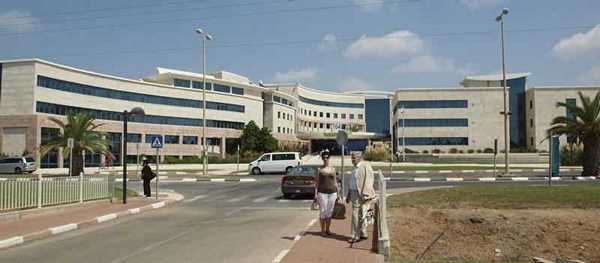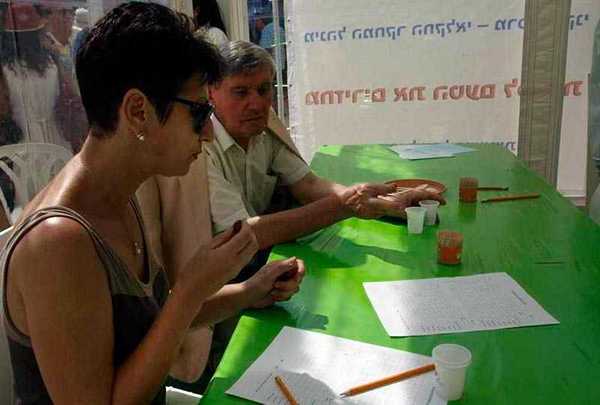SMALL AGRICULTURAL CROP EXHIBITION 2012
Open Day. The Israel Ministry of Agriculture in association with the Institute of Volcanoes. September 10, 2012

The Volcano Institute is a leading research institution in Israel, where all modern agro-industrial technologies are developed and adapted for practical application in the country's agriculture. A very important factor in the successful and profitable work of farms and agricultural enterprises is a competent and thoughtful approach in the application of technologies, equipment, materials and agricultural practices for growing plants.
Israel’s agricultural science is closely related to both real producers of agricultural products and developers and manufacturers of agricultural equipment. Israel is a small country and almost all people employed in the agricultural sector know each other personally. These are scientists, teachers, and workers of the Ministry of Agriculture, including a special division of highly qualified consultants who help farmers organize their production ideally. The close relationship of science, industry and agriculture and allowed this small country to reach one of the leading places in the world in the field of agricultural production. The exhibition, which is described here, was organized and held by the Volkan Institute together with the Ministry of Agriculture.
Open tasting of two new table grapes:

Both winegrowers and ordinary visitors took part in the tasting. The tasting lists were anonymous and in the future the overall assessment of varietal, including consumer qualities of new varieties will be determined taking into account the assessments of both specialists and non-specialists. Indeed, in the end, it is they & ndash; simple buyers will determine the popularity of the variety, the market demand for it and the economic efficiency of the variety for winegrowers.
The exhibition was presented and planting material of grapes and fruit crops. Practically all saplings are grown on the basis of container technologies. This cassettes, containers and bags of substrate. The seedling gets to a permanent place with one hundred percent stored root system and survival rate when laying new plantations is almost 100%, too.
Israel exports grape saplings. For countries where the standards of long cuttings are applied, saplings are grown according to the classical technology. Crop rotation is strictly observed. Re-planting and growing on the same area is allowed no earlier than 15 years later.
The exhibition was presented and a wide range of fruit crops. Both traditional species and subtropical and tropical cultures were presented.
The Ministry of Agriculture is located in rural areas. In the same area where the offices of the Ministry of Agriculture are located, the Volcan Institute is located, experimental plots and greenhouses, where scientists conduct research, test new varieties, adapt equipment and technologies for growing specific crops. Starting from cereals to all sorts of tropical exotic, they test plant resistance to diseases in specific climatic conditions, work out the optimal technological regimes of irrigation and fertigation, and conduct research in a wide range of agricultural technologies. The determining factor is the fastest possible adaptation of research results into practice, and perhaps the most important factor & ndash; economic efficiency of the use of scientific research in practical agriculture. Accordingly, the level of each scientist is determined by this very practical efficiency.
The founder and director of the Israeli company AGROSHERIFF Ltd. took part in my visit to the exhibition as guides and translators. Friedrich Filippovich Rubinstein and the export manager of this company Marina Kataeva. We productively exchanged information and discussed in detail many important issues.